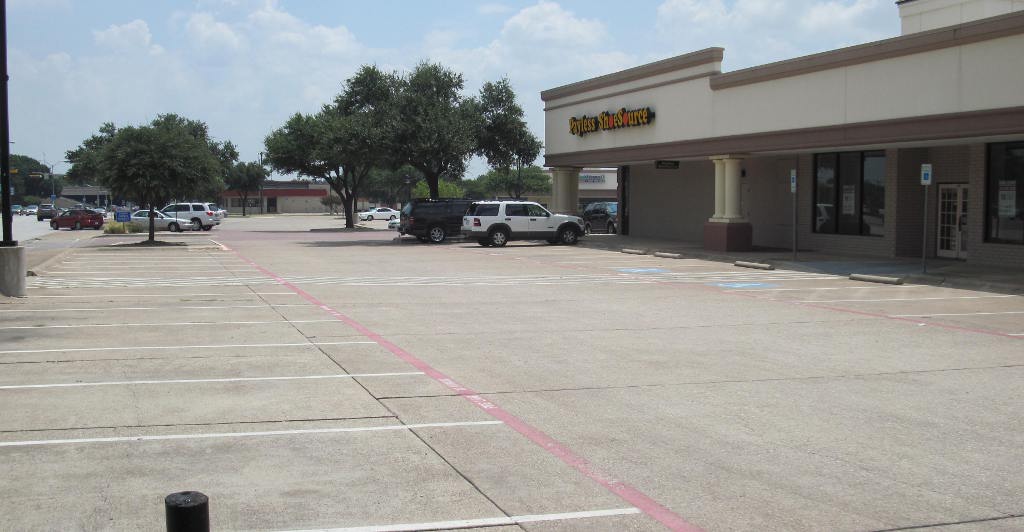It sounds so sweet: The Dallas City Council’s Quality of Life Committee and Environment Committee. I like the environment. I’d like a quality life. The problem is, the Quality of Life Committee is increasingly responsible for bringing bozo ideas before the Dallas City Council.
Cases in point:
- The Quality of Life Committee were behind the ham-fisted ban on mobile retailers, opting to toss out a city staff suggestion to create new permitting processes for roll-around retail that potentially activate neighborhoods in strategic ways. Instead, the committee wanted to ban them altogether.
- The Quality of Life Committee nearly banned the little free libraries that communities love. Luckily, council member Scott Griggs stepped in to save the poor, little libraries.
- The Quality of Life Committee banned smoking in city parks. Regardless of how you feel about smoking and the extent to which governments should regulate behavior in public spaces, why, as the Dallas Observer wondered, pass a draconian measure that may not even be enforceable?
And the committee keeps on trucking.
On November 29, they are set to consider expanding parking requirements to outdoor seating areas. Currently city code does not consider outdoor seating and patios at bars and restaurants as part of the floor area used to calculate how much parking businesses need to provide to operate. In recent years, as a briefing prepared by city staff points out, there have been more establishments opening in Dallas with large outdoor seating areas, places like Truck Yard and The Foundry. Staff recognizes, using some Orwellian language, that outdoor seating is a good thing — it “enhances pedestrian street life when located on or adjacent to the sidewalk” and “may encourage more social interaction between individuals and may help enhance a since of community” (sic). But then staff suggests looping the square footage into city code’s parking requirement calculation, meaning places like Truck Yard would have to find a lot more parking on Lower Greenville in order to keep their doors open.
Here’s why that’s silly. First off, as the presentation itself points out, many of the entertainment districts that would be most affected by this are already in Planned Development Districts, meaning the area’s zoning — and parking requirements — can be tailored to the particular needs and vitality of the specific community. That’s better than a catch all update to city code that would make it more difficult to new businesses. Secondly, the last thing Dallas needs is more parking requirements. Forcing places like Truck Yard or the Foundry — or potential new businesses like them — to provide more parking would make it more expensive to operate and would potential force nearby land that could be developed to be purchased for parking and left to lie as fallow concrete.
When will Dallas learn? Forcing businesses to provide parking incentives car use, gobbles up land for dead uses, and places unnecessary burden on people trying to operate the kinds of businesses we want more of. We’re not Chicago or New York. Even in the busiest parts of this city at the busiest times of the week, parking can be found if you are willing to walk just a few blocks. Forcing the addition of even more available parking will only perpetuate a cycle of development that destroys that pedestrian incentive, working precisely against the “sense of community,” enhanced pedestrian street life,” and “social interaction” that these outdoor spaces are being lauded for stimulating.
Dallas is a growing city. It is beginning to have the kinds of pedestrian trafficked business corridors that most cities take for granted. Please, let’s not regulate those little glimmers of hope out of existence.





